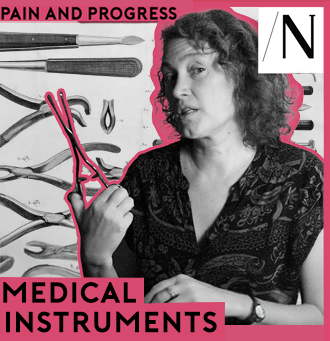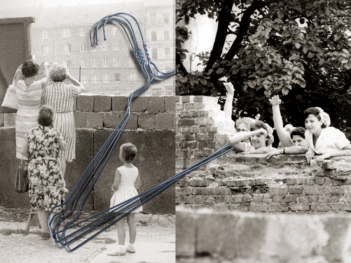
Reproductive Rights

Womb for Improvement: A History of Medical Instruments – With Lydia Wilson
Reflecting on Diane de Vignemont’s essay “The Medical Instruments Behind 135 Years of Women’s Pain,” Lydia Wilson examines the common gynecological practices now criticized for harming women — often without their consent.

Women’s Impossible Choices
While accessing abortion has become easier in Jordan despite its illegality, many barriers remain and public advocacy for reproductive rights is still unacceptable. Women face hard choices between financial insecurity and a loss of independence on the one hand and dangerous procedures and strong social stigma on the other.

Germany’s Abortion Debate Is Still Shaped by Its East-West Divide
East Germany is often remembered as less forward-thinking than its Western counterpart, yet when the Berlin Wall fell 35 years ago, it marked the beginning of a process that would see East German women lose their stronger rights to abortion.

Inspired by Hungary, Trump Is Turning to Natalism
When Trump said he would make fertility treatment free, he seemed to have taken a leaf out of Viktor Orban’s natalist playbook. Both leaders want more native-born children as they aim to halt population decline without relying on immigration.

How an American Film in 1984 Shaped the ‘Fetal Personhood’ Movement
In the 1980s, the notion that fetuses and embryos should be considered legal persons was just that: a notion. But in 2024, “fetal personhood” has become a reality for nearly one-third of American women of reproductive age living in some 19 states where abortion is unavailable or severely restricted — in no small part thanks to a film that came out four decades ago.

The End of Anonymity in Sperm Donations May Alter Holiday Dinner Invite Lists
Accepting that the rise of DNA testing means sperm donors are no longer untraceable, governments are outlawing their anonymity altogether. The changes have been driven in large part by donor-conceived communities, who insist they have a “right to know” about their genetic heritage.

Access to Abortion Is Shrinking in Romania
In Romania, abortions are legal but access is shrinking. The vast majority of state hospitals don’t offer terminations, while private centers are unaffordable to most. Recent cases of women dying bring back memories of the disastrous ban under the communist leader Nicolae Ceausescu.
